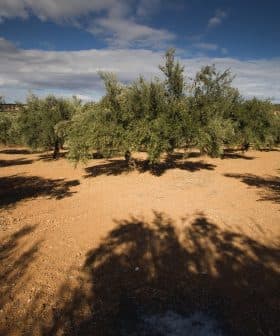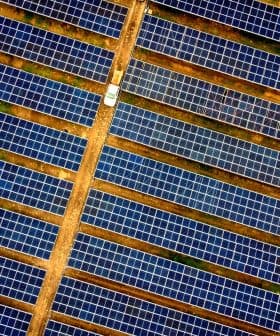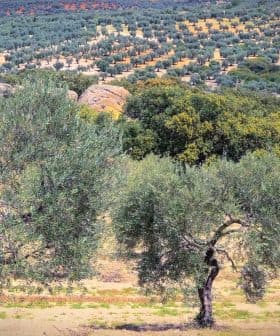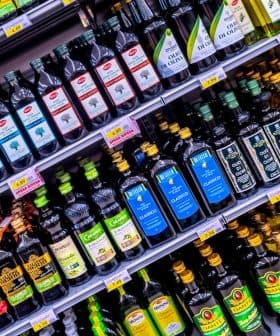Agricultural Incomes Rise in Andalusia, Boosted by Resurgent Olive Oil Sector
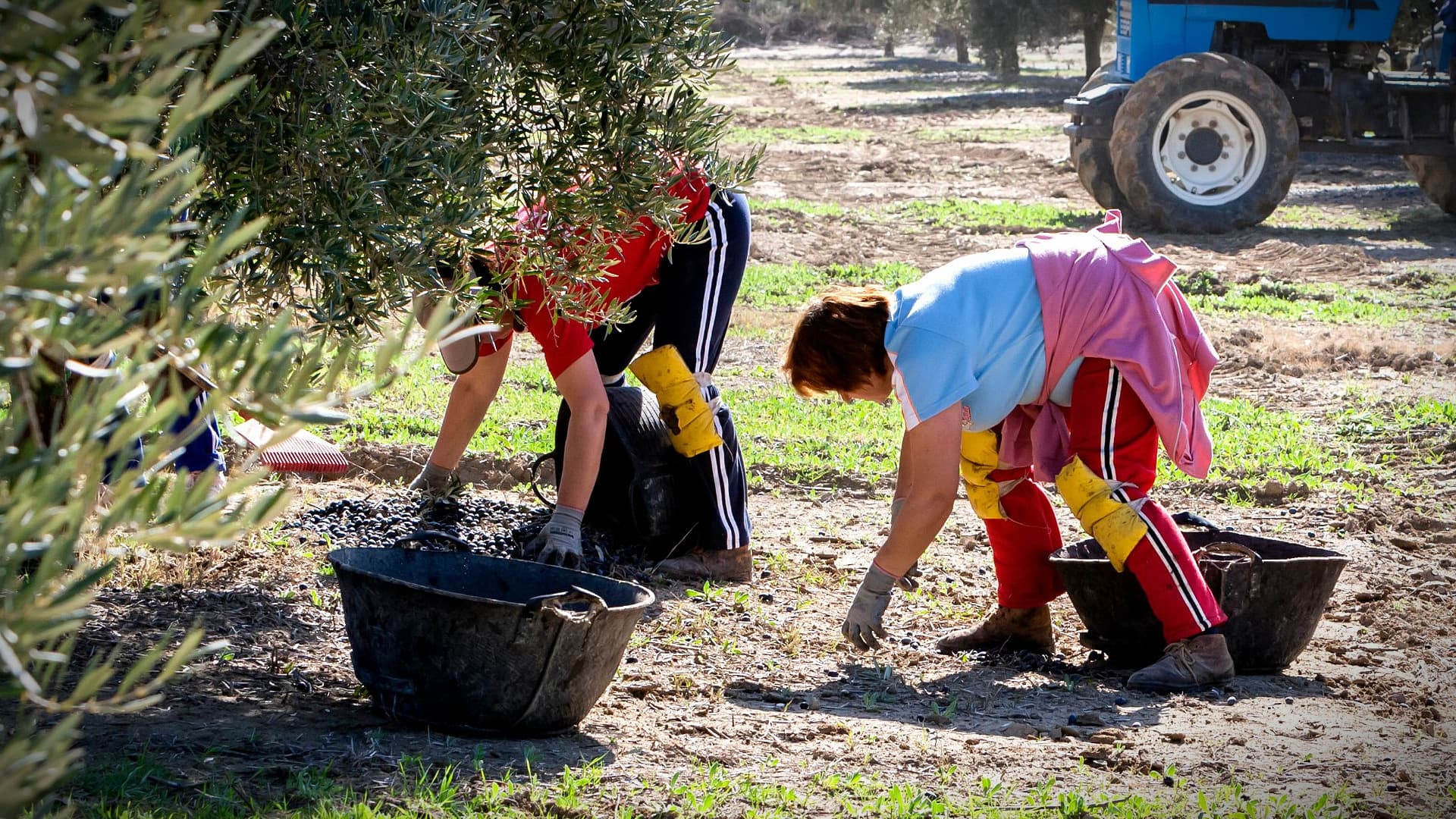
Income from the agricultural sector in Andalusia exceeded €10 billion for the first time, with the olive oil sector being a driving force behind this increase, leading to a 10.7 percent income growth in 2021. Despite the significant increase, rising costs and inflation have impacted agricultural income, with the regional acting minister warning that Andalusian agriculture is not being adequately considered in the new Common Agricultural Policy.
Income from the agricultural sector in the southern Spanish autonomous community of Andalusia has exceeded €10 billion for the first time, according to a report from local authorities.
Andalusian farmers, ranchers and fishers combined to earn €10.4 billion – equivalent to 35 percent of all agricultural income earned in Spain – after experiencing a 10.7 percent increase in income in 2021.
The agricultural income of Andalusia could have been even higher if it were not for the exorbitant rise in production costs.
The olive oil sector was one of the driving forces behind this increase. The total value of olive oil production in Andalusia – the world’s largest olive oil-producing region by a significant margin – increased by 77 percent in 2021.
Officials at the provincial Ministry of Agriculture, Livestock, Fisheries and Sustainable Development attributed the increasing production value to a good harvest in the 2021/22 crop year in which Andalusia produced 1.15 million tons of olive oil and rising prices.
See Also:Study Reveals Impacts of Climate Change on Spanish Olive SectorAccording to data from the International Olive Council and Poolred, prices for refined olive oil, virgin olive oil and extra virgin olive oil significantly increased in the past year in Jaén, Spain’s benchmark olive oil market.
Refined olive oil prices increased from €296.50 per 100 kilograms in July 2021 to €339.60 in July 2022, virgin olive oil prices rose from €307.50 to €348.80 and extra virgin olive oil prices increased from €331.50 to €352.60.
Despite the significant increase, acting minister Carmen Crespo said agricultural income would have increased even more if not for the detrimental impacts of inflation and the rising costs of fuel, electricity, fertilizer and animal feed.
“The agricultural income of Andalusia could have been even higher if it were not for the exorbitant rise in production costs and the passivity of the government when it comes to taking effective measures to cushion inflation,” she said. “Farmers and ranchers need the support of all administrations.”
The report also indicated that rising income in the agricultural sector was accompanied by a growing number of jobs in the sector.
“These data, which reflect growth in the agricultural sector in Andalusia, mean that the wealth and employment generated by the countryside are essential for the social and economic development of rural areas, helping to establish the population and, therefore, to avoid depopulation,” Crespo said.
However, the regional acting minister warned that Andalusian agriculture “is not being taken into account in the new Common Agricultural Policy, despite growing by almost five points in just one year.”
“The strategic plan presented by the Ministry of Agriculture harms the Andalusian countryside with losses that will exceed €500 million if the government of [President Pedro] Sánchez does not address Andalusia’s concerns,” Crespo added.
Supporters of the country’s strategic plan to implement the CAP argue that more farmers across Spain benefit from the reconfigured formula to determine direct payments. However, Andalusia is one of the few regions that does not.


